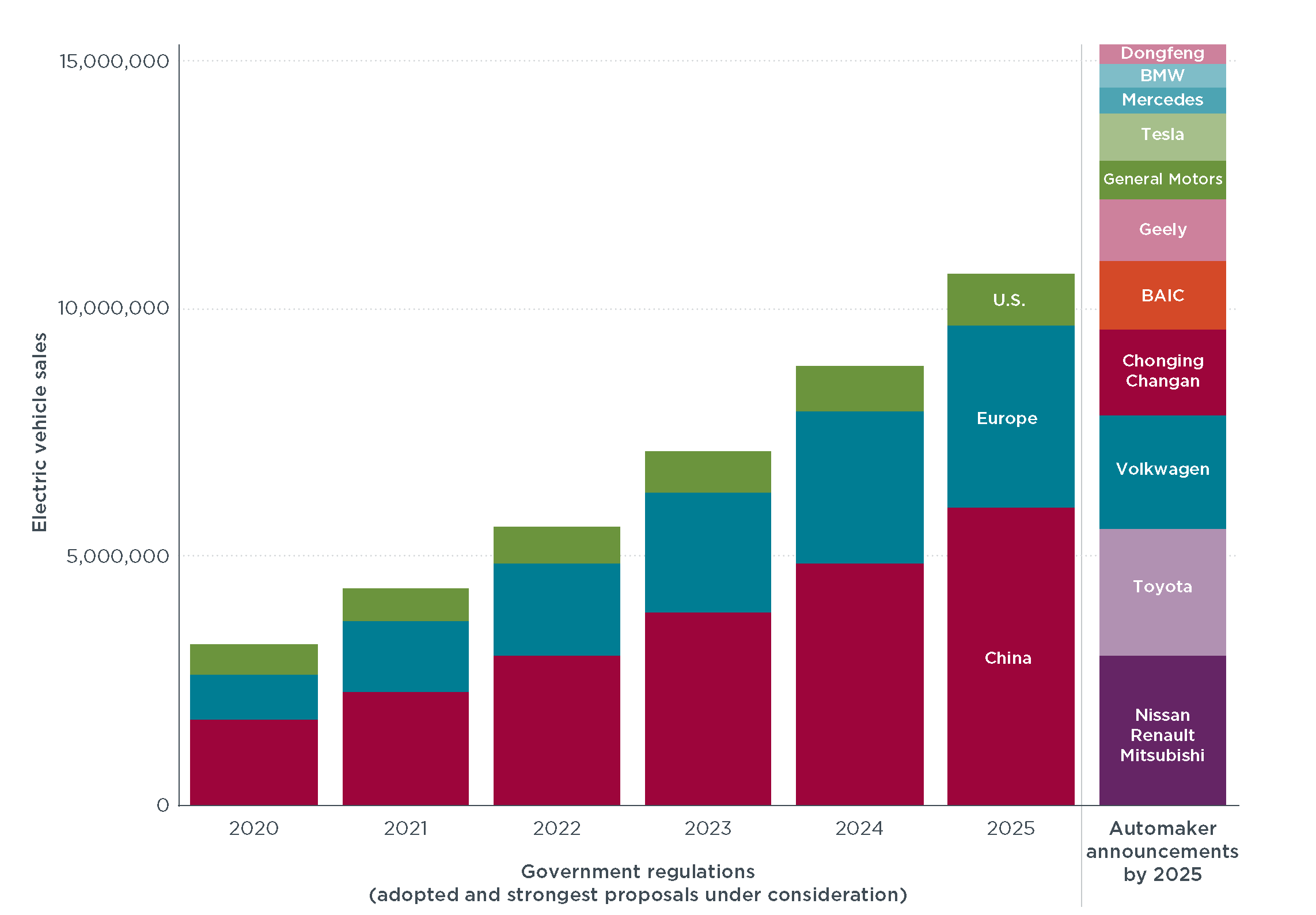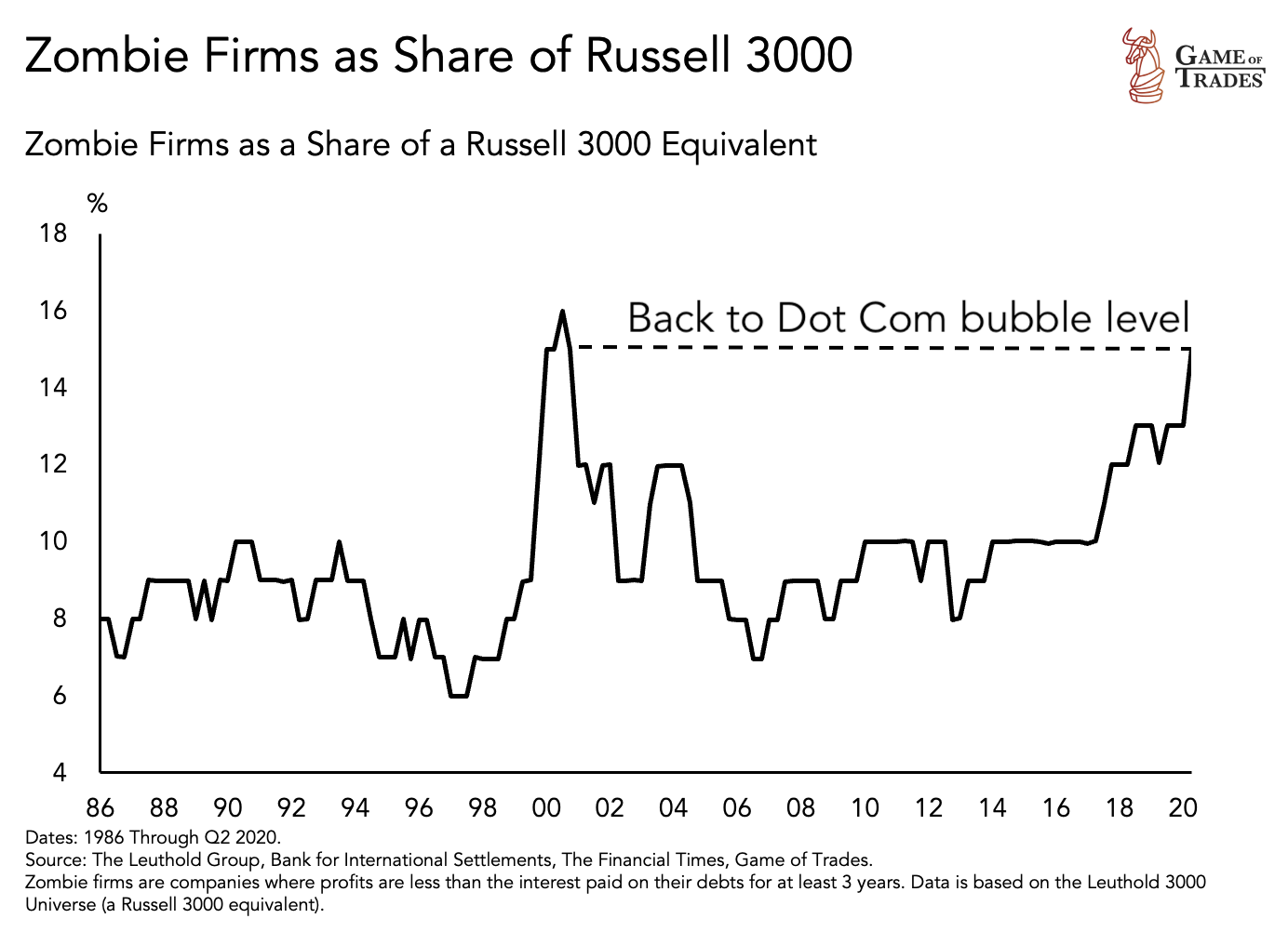BMW And Porsche's China Challenges: A Growing Trend In The Auto Industry

Table of Contents
Intensifying Competition from Local Chinese Automakers
The rise of domestic Chinese automakers is a major factor contributing to BMW and Porsche's challenges in China. Brands like BYD, NIO, and Xpeng are rapidly gaining market share, posing a significant threat to established luxury players. These domestic brands benefit from several competitive advantages:
- Price Competitiveness: Chinese brands often offer comparable features and quality at lower price points, appealing to a broader range of consumers. This price advantage significantly impacts the sales of premium brands like BMW and Porsche.
- Technological Innovation: Chinese automakers are making significant strides in electric vehicles (EVs) and autonomous driving technologies. Their rapid innovation is directly challenging the established technological leadership of international brands.
- Government Support: The Chinese government actively supports the growth of its domestic auto industry through subsidies, tax breaks, and favorable regulations. This creates a substantial advantage for local players.
This intensifying competition is evident in market share data. While precise figures fluctuate, the overall trend shows a noticeable increase in market share for Chinese brands and a corresponding decrease for some international competitors in certain segments. The success of Chinese electric vehicle manufacturers, in particular, is forcing established players to adapt quickly or risk losing significant ground.
Shifting Consumer Preferences and Demands in China
Understanding the evolving preferences of Chinese consumers is crucial for success in this dynamic market. Younger generations in China are driving significant shifts in demand:
- Preference for SUVs and Crossovers: The popularity of SUVs and crossovers continues to grow in China, surpassing the traditional sedan segment. BMW and Porsche must adapt their product portfolios to cater to this trend.
- Emphasis on Technological Features and Connectivity: Chinese consumers, particularly younger buyers, highly value advanced technological features such as large touchscreens, sophisticated infotainment systems, and advanced driver-assistance systems (ADAS).
- Growing Importance of Brand Image and Social Media Influence: Social media plays a critical role in shaping brand perception among Chinese consumers. Positive brand image and strong online presence are vital for attracting and retaining customers.
- Demand for Customized and Personalized Experiences: Increasingly, Chinese consumers seek personalized vehicle configurations and tailored services, demanding a higher degree of customization than in other markets.
These shifting preferences necessitate a significant shift in marketing and product development strategies. Simply relying on established brand recognition is no longer sufficient; brands must actively engage with Chinese consumers online and offer products tailored to their evolving needs and desires.
Navigating China's Regulatory Landscape and Infrastructure
China's regulatory environment presents unique complexities for international automakers. Navigating these regulations and building a robust supply chain is essential for long-term success:
- Stringent Emission Standards and Environmental Regulations: China has implemented strict emission standards and environmental regulations, requiring automakers to invest heavily in cleaner technologies.
- Complex Import and Export Regulations: The import and export processes in China can be challenging and time-consuming, adding significant costs and complexity to the supply chain.
- Data Localization Requirements: Data localization regulations require automakers to store and process user data within China, presenting significant technical and logistical challenges.
- Development of Charging Infrastructure for EVs: While China is investing heavily in charging infrastructure for EVs, the network is still developing, particularly in less populated areas. This presents challenges for the adoption of EVs, particularly for luxury brands.
These challenges require a deep understanding of the legal and regulatory landscape and a commitment to long-term investment in complying with local regulations.
The Broader Implications for the Global Automotive Industry
The experiences of BMW and Porsche in China offer valuable lessons for other international automakers seeking to establish a presence in this crucial market.
- The Need for Flexible Manufacturing and Supply Chains: Adapting to rapidly changing consumer preferences and regulatory requirements necessitates flexible manufacturing processes and resilient supply chains.
- Importance of Understanding Local Consumer Preferences: Successfully entering the Chinese market requires a deep understanding of local consumer preferences, cultural nuances, and buying behaviors. Generic global strategies rarely succeed.
- Accelerated Development of EV Technology and Autonomous Driving Features: The intense competition in the Chinese market is driving accelerated innovation in EV and autonomous driving technologies. This pressure is felt globally.
The Chinese automotive market is no longer just a significant market; it’s a powerful engine driving global automotive trends and influencing the technological direction of the industry as a whole.
Conclusion: Overcoming the Hurdles: The Future of BMW, Porsche, and the Chinese Auto Market
The challenges faced by BMW and Porsche in China—intense competition, evolving consumer preferences, and regulatory complexities—highlight the need for a strategic and adaptable approach to this crucial market. The sheer size and growth potential of the Chinese auto market make it too important to ignore for global players. To overcome these hurdles, BMW, Porsche, and other international automakers must invest in localization strategies, prioritize technological innovation, and deeply understand the unique needs and desires of Chinese consumers. The future of success in the global auto industry is increasingly tied to success in the Chinese market.
What are your thoughts on BMW and Porsche's China challenges? Share your insights and perspectives in the comments below. Let’s continue the discussion on the evolving global auto landscape and how international brands are adapting to the dynamic Chinese market. Further reading on related topics such as "China's EV market," "Luxury car sales in China," and "Chinese automotive regulations" can provide a deeper understanding of this complex and fascinating market.

Featured Posts
-
 Hollywood Shut Down Wga And Sag Aftra Strike Impact
Apr 22, 2025
Hollywood Shut Down Wga And Sag Aftra Strike Impact
Apr 22, 2025 -
 Auto Dealers Renew Resistance To Electric Vehicle Regulations
Apr 22, 2025
Auto Dealers Renew Resistance To Electric Vehicle Regulations
Apr 22, 2025 -
 Obamacares Supreme Court Fate How Trumps Defense Could Help Rfk Jr
Apr 22, 2025
Obamacares Supreme Court Fate How Trumps Defense Could Help Rfk Jr
Apr 22, 2025 -
 5 Dos And Don Ts For Landing A Job In The Private Credit Boom
Apr 22, 2025
5 Dos And Don Ts For Landing A Job In The Private Credit Boom
Apr 22, 2025 -
 Unintended Consequences Examining The True Cost Of Trumps Economic Goals
Apr 22, 2025
Unintended Consequences Examining The True Cost Of Trumps Economic Goals
Apr 22, 2025
